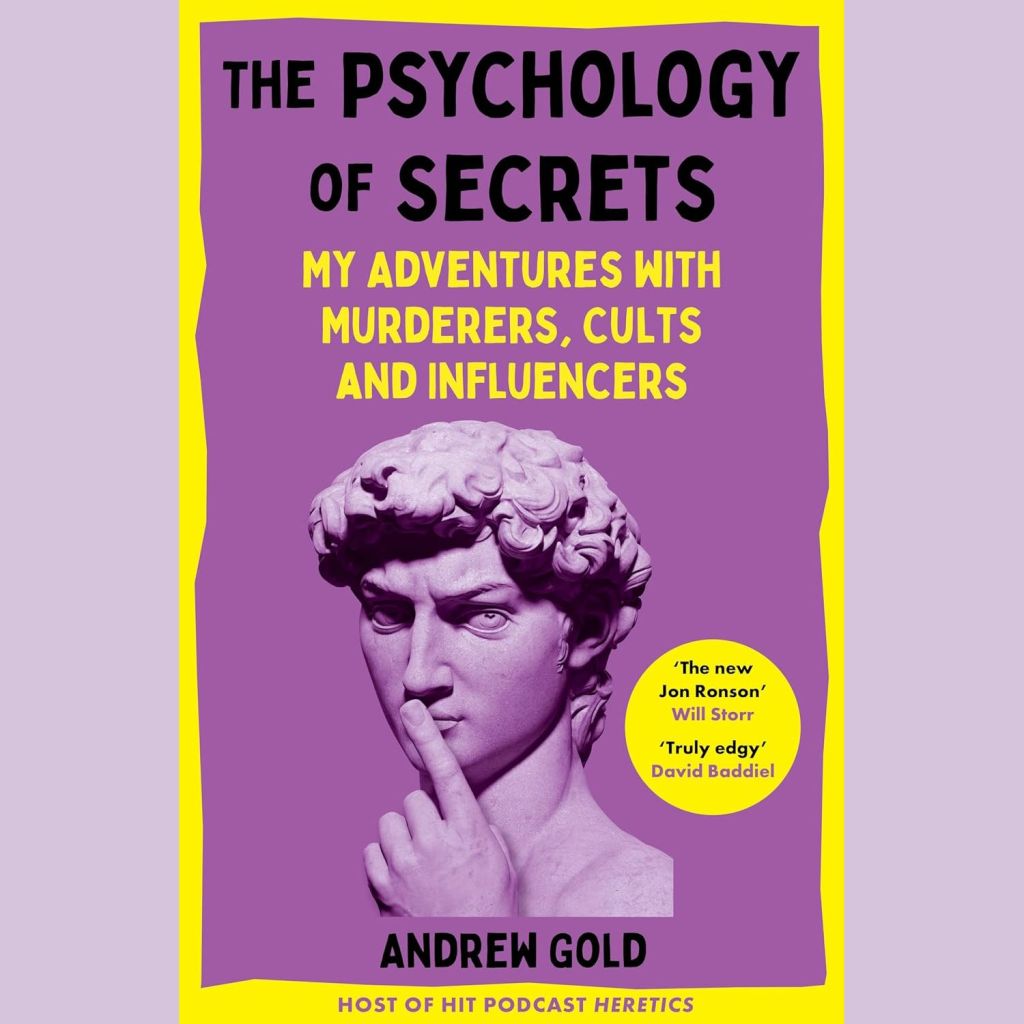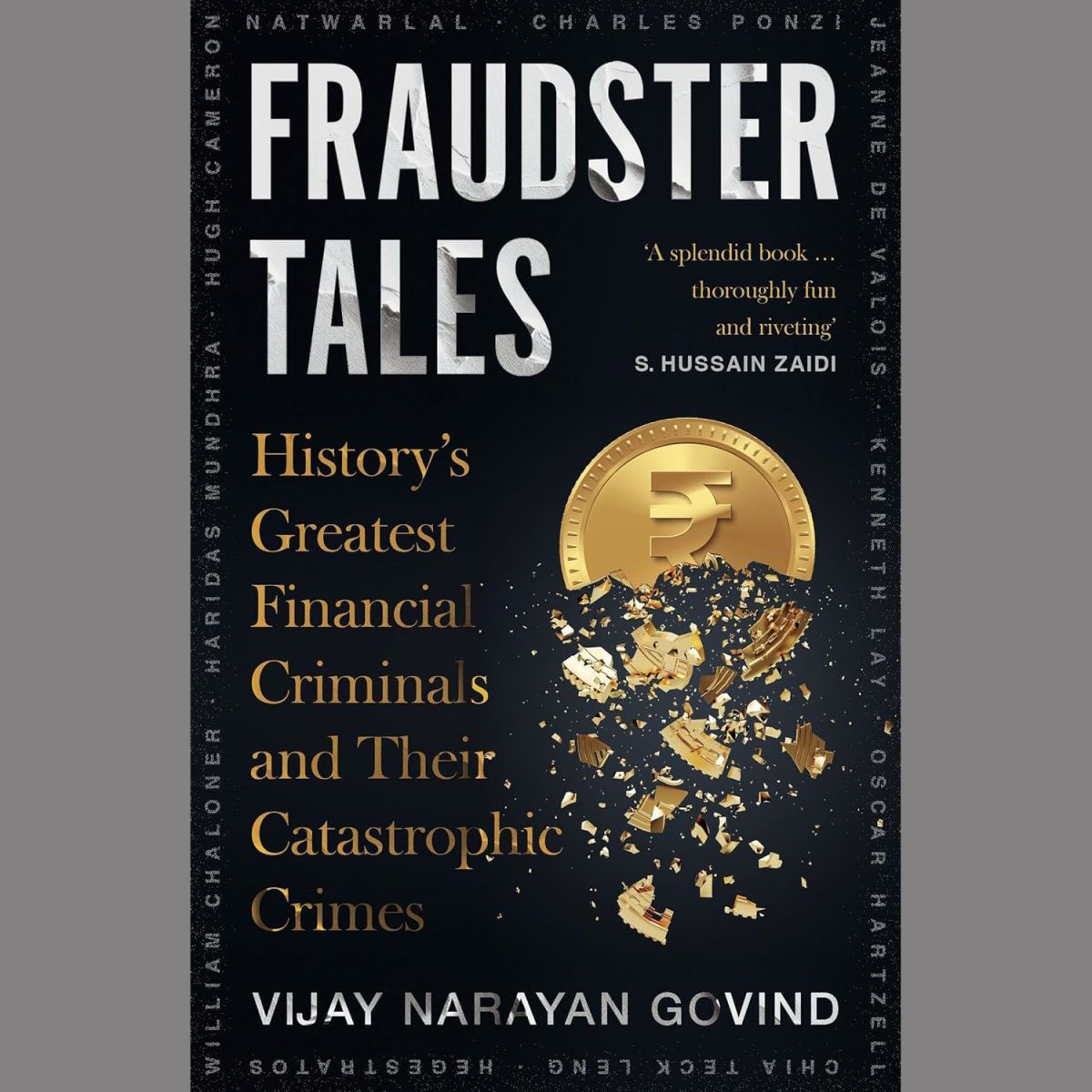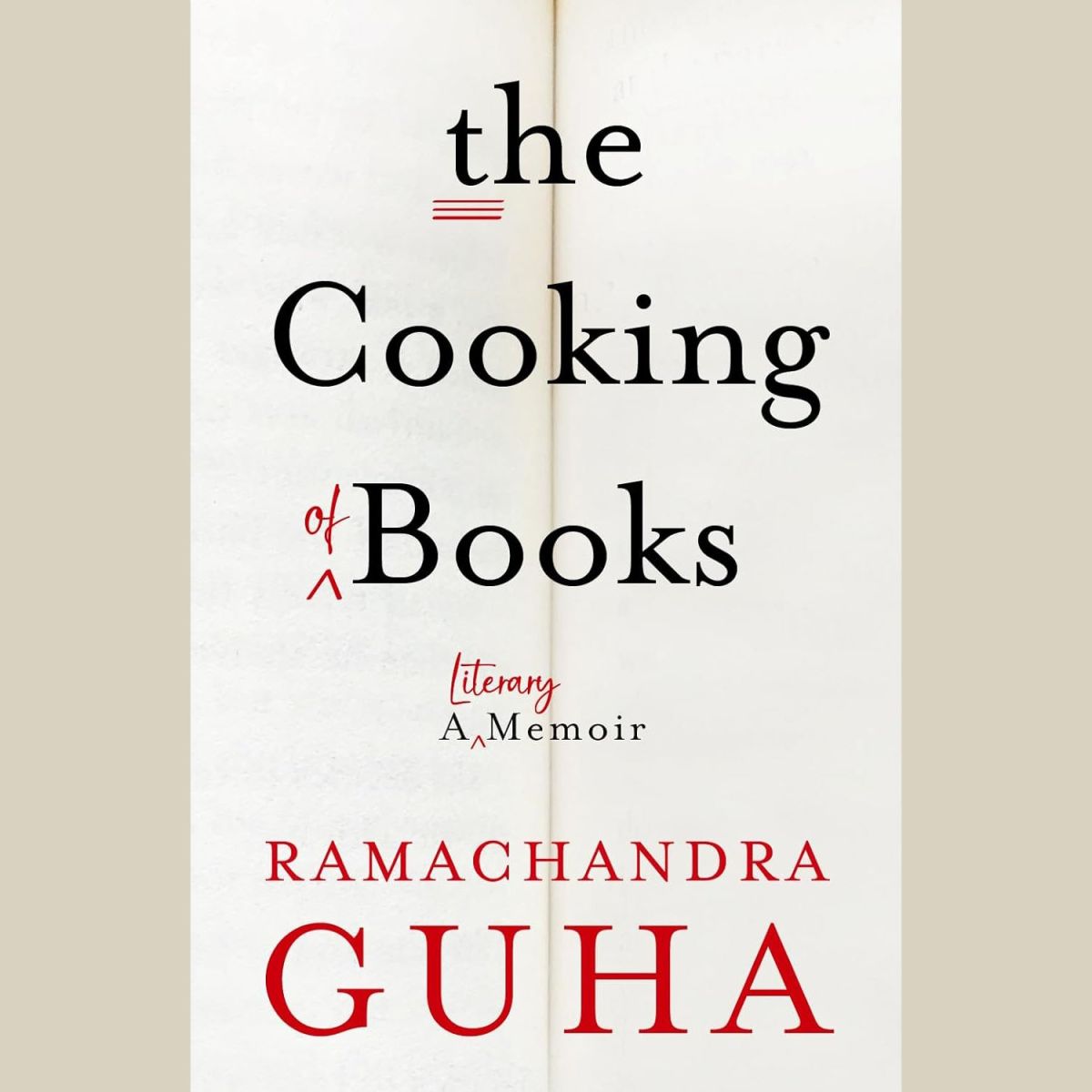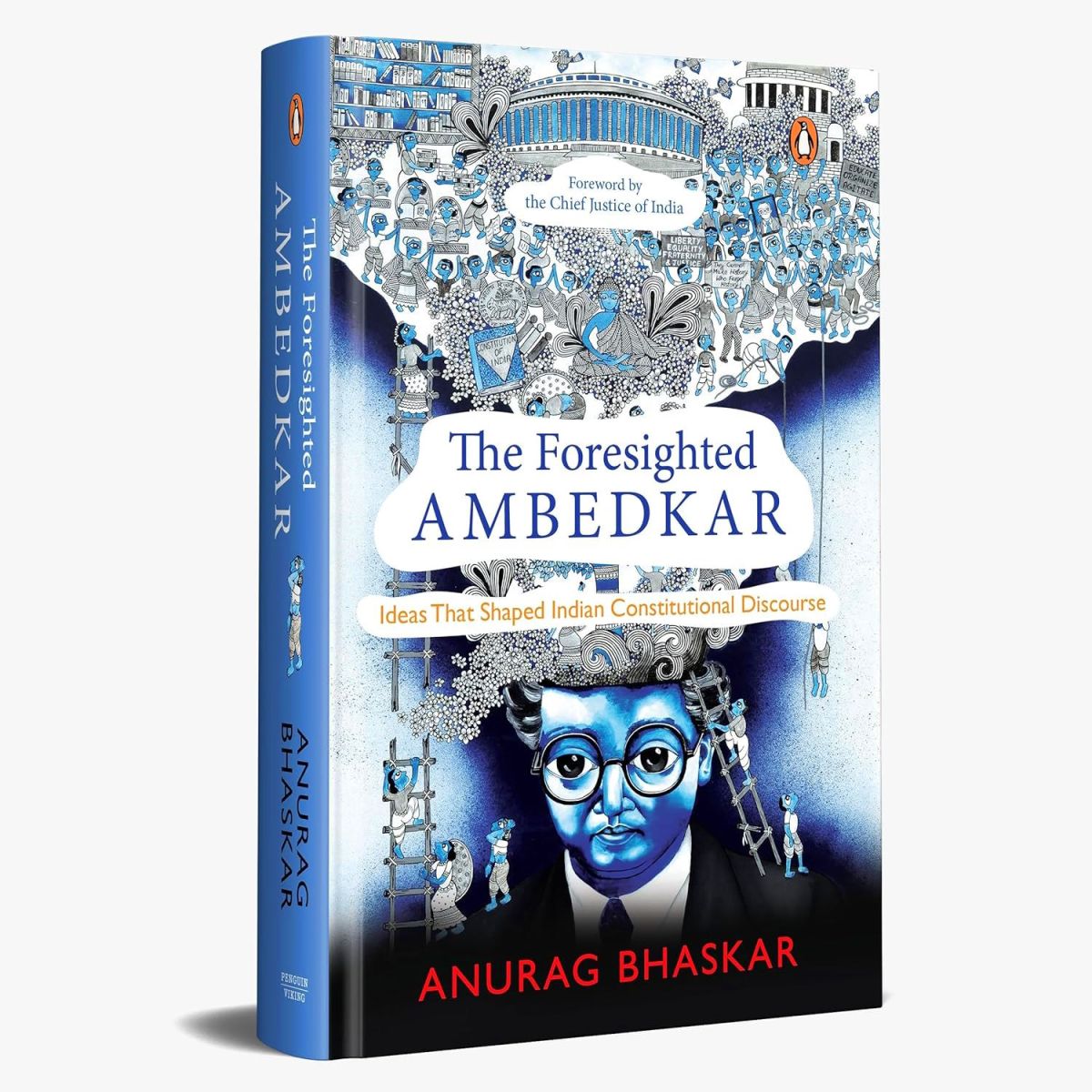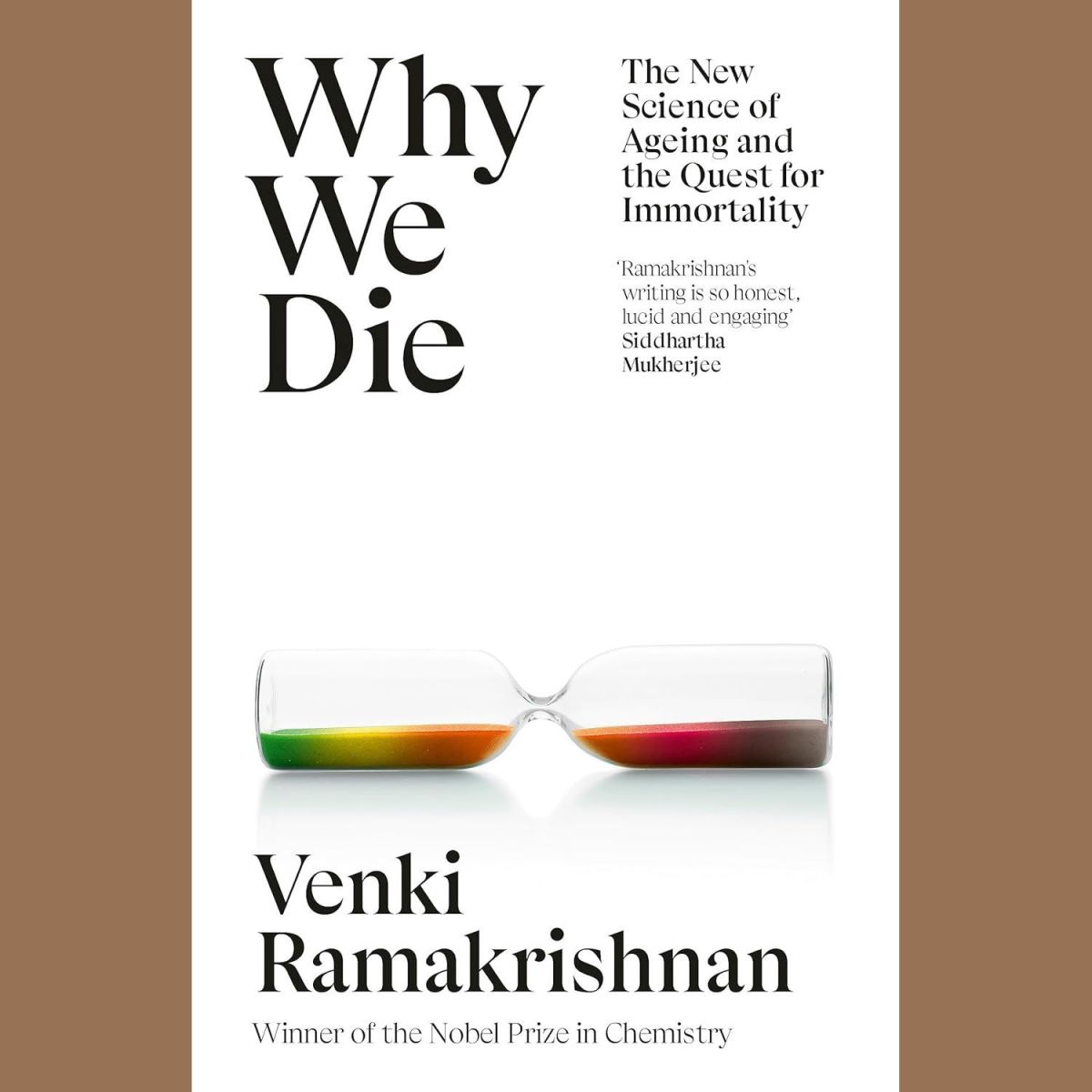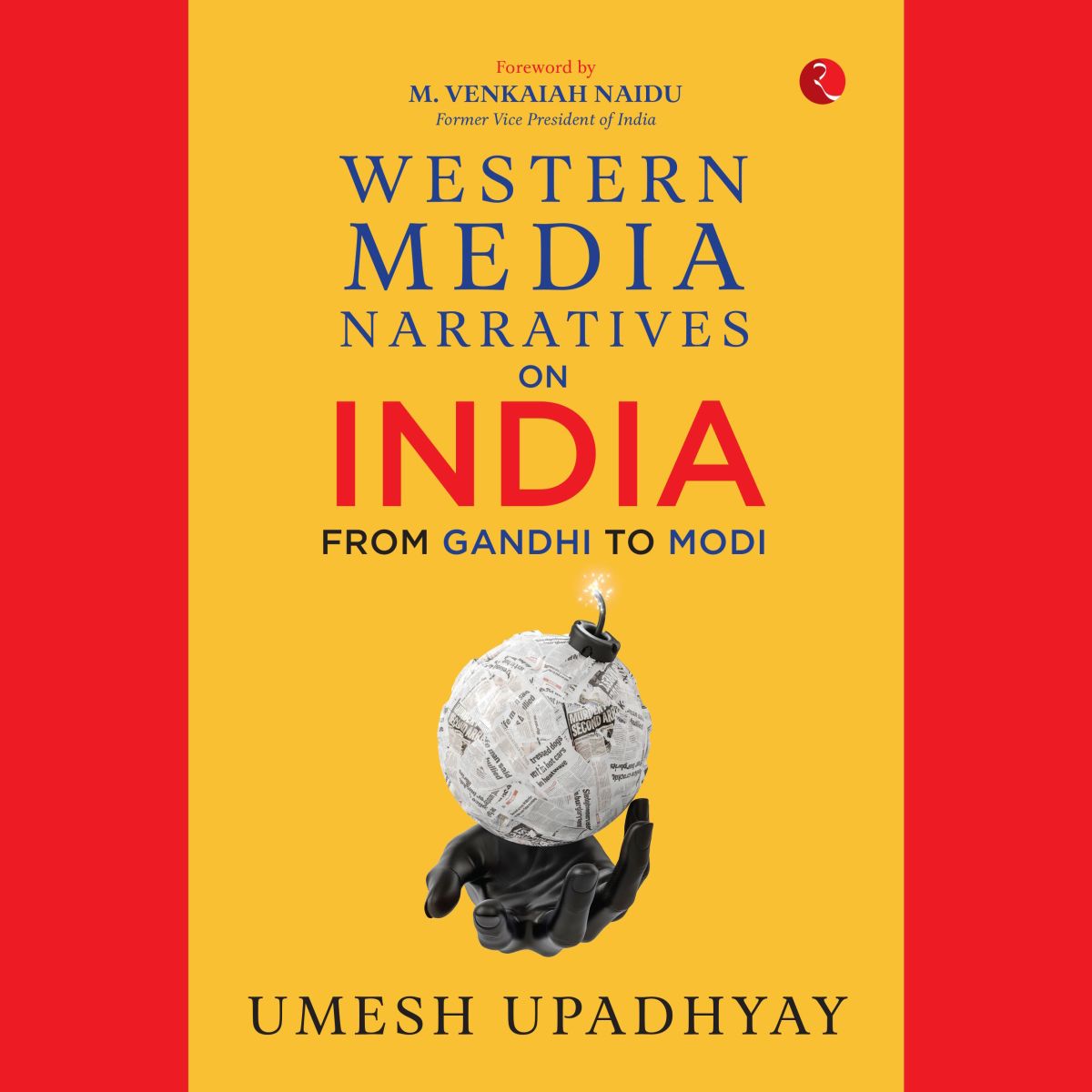‘We all keep secrets and there’s a one in two chance that those secrets involve a breach of trust, a lie or a financial impropriety. They are the stuff of gossip, of novels and classic dramas, and they are a major part of our inner lives, even though the mental energy expended to keep them hidden is almost certainly harmful to our mental health. Why do we keep secrets? Why are we fascinated by those of others? What happens to our mind when we confess? Whom do we trust with our most confidential information? Podcaster and journalist Andrew Gold is determined to crack open this mystery, which is a critical – though rarely analysed – part of our societies and inner lives. Drawing from psychology, history, social science, philosophy and personal interviews, The Psychology of Secrets: My Adventures with Murderers, Cults and Influencers will explore our inner secret world with a verve reminiscent of the very best chroniclers of social habits,’ says the publisher’s note.
It’s an utterly fascinating book, one that reveals the depths of complexity of the human psyche, and leaves you shocked and overawed. With the publisher’s permission, here is an excerpt from The Psychology of Secrets
How can you hide a secret in the face of a machine such as a lie detector that is specifically designed to uncover one? The fever model – that theory that your body makes itself uninhabitable for secrets as it would a virus – is what sparks your body into a reaction, and what ultimately can give you away. We already know we can quell the negative effects of the fever by distancing our own identity from the secret or lie in question. As established, many of us perform mental gymnastics to square lies and immoral activity with our conscience and identity. I wondered: if you could control your reactions and rid yourself of the shame of a secret, could you pass a polygraph test?
M. E. Thomas is a self-confessed psychopath. A lawyer, she has managed to hide her condition from most people around her. Unlike the psychopaths of film and TV, she holds little ill-will towards others. She’s not out to hurt you; it’s just that she wouldn’t be bothered if someone else did. Indifferent to such concepts as empathy and conscience, she’ll always choose the path of least resistance and fewest consequences for her. You’re fine with her, as long as you’re not in her way.
M. E. is her pseudonym, and tells us a lot about the psychopath’s solipsistic world view. She explains to me that psychopaths don’t feel as though they have a ‘self’. This is her theory as to why secrets, burdens, shame and guilt don’t affect them. ‘The thing that’s missing is self-expression,’ she explains. M.E. claims psychopaths have an ‘issue’ with the ‘sense of self’. She adds, ‘That’s why they’re called personality disorders.’ She compares psychopathy to narcissism, both of which are part of the ‘dark triad’ of personality disorders, along with Machiavellianism. The three tend to overlap. M. E. explains: ‘A narcissist has a false sense of self that he presents to the world of, “I’m perfect, everything that I do is great.” And an inner sense of self of shame: “I’m worthless, and nobody loves me.” Borderline personalities [similar to psychopaths] are like chameleons. You put them in a particular situation, and they will start imitating and picking up on the personality characteristics of the people around them. The psychopath just doesn’t have a sense of self.’
There are psychopaths with narcissistic tendencies, and vice versa. Each will have a slightly different personality and experience of self, because – as much as we like to put people in boxes – these disorders exist on a spectrum. But M. E. Thomas explains how, while it is easy to hurt the feelings of a pure narcissist, a pure psychopath is immune. To test that, I tell her that her book is badly written, and that it is shit. ‘It doesn’t bother me,’ she says, blithely. ‘It truly doesn’t bother me.’ I scan her face for any hint of hidden pain. Then, I spend the rest of the interview worrying about whether she might track me down and kill me. When I told her that her book was shit, she looked unmoved. And that’s the thing. Electrodermal Activity tests – where changes in electrolyte levels in the skin are measured along with fear and other emotional responses – find that psychopaths are more stable. The behavioural geneticist David T. Lykken found that non-psychopaths showed a greater difference than psychopaths in skin tension when being truthful and lying. Since psychopathy crops up on a spectrum, we are all a little psychopathic. We all engage in antisocial behaviour. The Hare Checklist is the go-to list for deciding whether someone is a psychopath. It comprises twenty questions that are scored out of two, such as ‘do you have excess glibness or superficial charm?’, and ‘are you a pathological liar?’. Most of us would score around five out of forty, where anywhere above thirty signifies a true psychopath. I wondered whether extreme psychopaths could lie with no ill-effects. Are they immune to the burden of the fever model?
In Brett A. Stern and Donald J. Krapohl’s The Efficacy of Detecting Deception in Psychopaths Using a Polygraph (2004), the writers also ask: ‘If the psychopath lies with effortless skill, is supposedly indifferent to having his lies detected, is purportedly electrodermally hyporeactive, is regarded as a master manipulator of people, internalizes no guilt about his or her acts no matter how heinous we might view them, how then could their body betray their tongue during the course of a polygraph examination?’ I wonder, too, whether a psychopath would lose sleep ruminating and mind-wandering. I asked M. E. Thomas if she felt lying came more easily to her. ‘Psychopaths have a couple advantages in being deceitful,’ she said. ‘They can compartmentalize very well. They already use that skill to come up with a different persona for the various people they interact with or situations they find themselves in. It’s like role-playing, but constantly. So, they are pretty brilliant at pretending to be something they’re not. They also don’t feel guilt, so there’s less of an internal barrier to choosing deceit.’
In the 1970s, psychologists David C. Raskin and R. D. Hare assembled a test for forty-eight inmates in British Columbia who had been diagnosed as psychopathic. They were told to enter a room where they wouldn’t be monitored, and steal $20 from an envelope that had been left there. Then, they were taken to a polygraph test, and told that if they could fool the system, they’d be rewarded with $20 (which was equivalent to twenty-seven days of pay for prison labour). The polygraph proved correct in 88 per cent of cases. This is high. A further 8 per cent were inconclusive, and just 4 per cent of psychopathic prisoners managed to cheat the test. I was stunned: psychopaths are no better than the rest of us at tricking polygraph tests. One of the reasons for this is the ‘comparison question’. Polygraphs measure fluctuations in blood pressure, pulse, respiration and skin conductivity when answering questions. But to find the participant’s base rate, participants are first asked neutral questions that have little to do with the case. This can last hours, as practitioners get an accurate reading of their participant. A psychopath might be significantly calmer than non-psychopaths while answering this comparison question. So, even the slightest of changes while being deceptive would be picked up by the polygraph.
The Psychology of Secrets: My Adventures with Murderers, Cults and Influencers
Author: Andrew Gold
Publisher: Pan Macmillan India
Format: Hardcover / Paperback / Kindle
Number of pages: 336 / 336 / 327
Price: Rs 1,844 / Rs 625 / Rs 594
Available on Amazon
The Psychology of Secrets: An Excerpt
